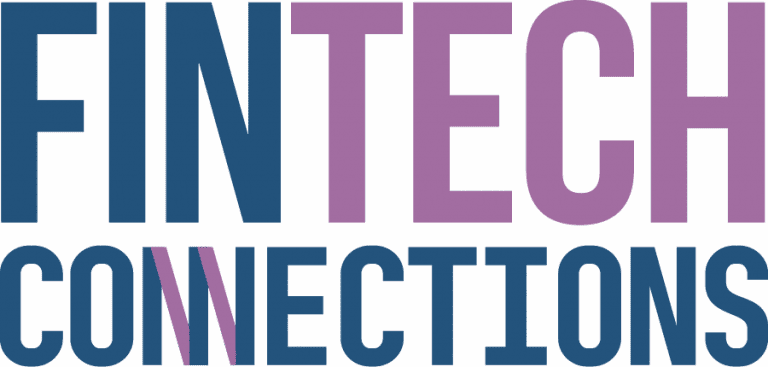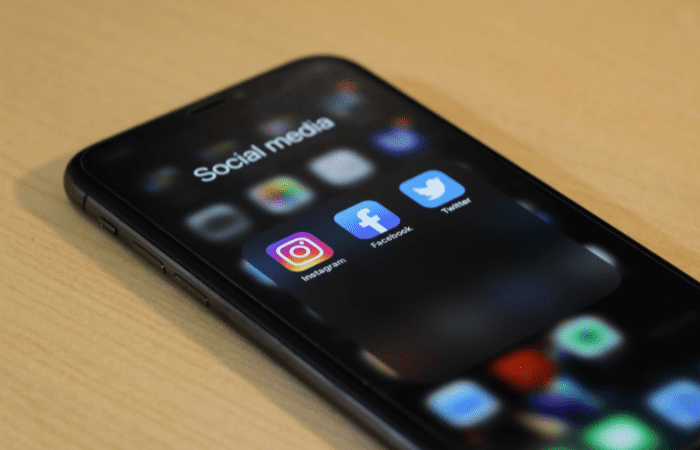“Integrity,” “Professionalism”, “Creativity” — three of many words I used to see around one of the offices I worked in in New York.
Like other aspects of corporate culture, these annoyed me. It’s easy to write words in big font on the glass doors of meeting rooms. But it’s something else to embody the qualities they suggest.
I didn’t realise it at the time, but what irritated me about these words related to a larger question in the theory of signalling, which deals with the ways different species communicate at a fundamental level.
Signals are used by animals to advertise their desirable qualities to a potential mate, such as when red deer roar to signal their size. Meanwhile, the bright colours sported by poisonous frogs are used to ward off predators. Research around signalling theory can help to explain how signals gain and lose meaning.
Today, we’re seeing this plainly in the way that major tech companies allow users to pay for verification — what’s widely known as having a “blue tick”. This system may be thought of as a form of legitimacy in the social media world.
But the notion of legitimacy is now being undermined, and this is entirely because the signals, much like those words on the walls of so many offices, are becoming meaningless.
Unreliable signals

Since the 1990s, researchers in the evolutionary sciences have looked to signals to explain many otherwise unexplainable human behaviours. From warfare and sports to religion and political movements, we adopt signals to tell others something about ourselves. For example, some people believe that following religious ritual is a signal of commitment to a person’s social group.
This is an ancient process, and despite its ubiquity among people, has its roots in the most basic forms of life. Signals evolve among animals because of the effects they have on those who perceive them, what we call the “receivers.” They may, but don’t always, represent some underlying quality of the signaller.
For example, some flies and spiders bring parcels of food to potential mates to signal that they are good hunters. This information is used by the receiver, the potential mate, to decide whether to take up the offer.
Except — as with everything in evolution — there’s a catch. Some flies, and some spiders, bring empty parcels. The gift bags are empty, and the desired mates might be basing their decisions on false information.
In the language of evolutionary theory, we’d say that the signal is a fake one, because the signaller hasn’t paid the costs — in this case, the time and energy to find and catch prey — to make it honest.
Layers of complexity
With humans, the picture is more complicated still. We have complex cultures, languages, and rituals that are all nonetheless built on the same foundations as mating signals used by insects and arachnids.
With every layer of complexity, there’s an opportunity to fake signals. But many aspects of human culture evolve that send out signals that are costly — energetically, economically, or socially — and therefore harder to fake.
In hunter-gatherer cultures (which reflect the circumstances we evolved living in) hunting of course provides food but can also be a signal about fitness.
In fact, anthropological data suggest that good hunters don’t necessarily eat more than others. Instead, they appear to mate and marry earlier, and frequently have more mates than others who don’t hunt as well.
A landmark study in the early 2000s showed this trend convincingly among the Meriam people, who have traditionally hunted turtles in the waters of Australia’s Torres Strait. It isn’t really possible to fake being a good turtle hunter: the way humans gossip makes falsifying this signal extremely difficult.
Flash forward to modern culture. Like hunter-gatherers, we use signals all the time to convey to others key qualities about ourselves.

Some people spend their careers building a profile in their industry and are consequently awarded legitimacy by their peers. This may manifest as awards, certifications, degrees or, in the case of social media, verification.
Blue ticks evolved, culturally speaking, from the idea that important figures in different areas — journalists, politicians, musicians, and so forth — require a signal of legitimacy and prestige.
We also need to know, as receivers, whether the person posting to Twitter and Instagram is the public figure they purport to be.
Undermining the system
Verification solves this issue, but as with any signalling system it presents problems of its own. With Twitter, it wasn’t always clear why some people had blue ticks or whether the verification system lent more legitimacy to some journalistic outlets than others.
But there was a kind of shared belief that if someone had a blue tick, they were more likely to be a legitimate figure. With paid-for verification, however, tech companies have undermined that signalling system.
When Twitter introduced subscription-based blue ticks, many fake accounts for politicians popped up and spread disinformation. Some of this was done for fun, some wasn’t.
To its credit, Twitter quickly dealt with that issue, but disinformation on the platform is now an increasingly potent issue. To use an analogy, if having a PhD were reduced to spending $15 (£12) a month in a subscription to a university, we wouldn’t take it seriously.
Much as it doesn’t give a corporation integrity if it pays a few hundred dollars to paint the word around the office, Twitter or Instagram users don’t automatically gain legitimacy by paying for a blue tick.
The difference is that most employees are highly sceptical when their companies use cheap signals to promote desirable qualities. Social media users aren’t, at least not yet. But the effects of undermining the signalling system are likely to be far-reaching.
Going forward, it would be smart to question posts by verified accounts as much as any others. The signal, much like the fly’s empty offer to a potential mate, may be meaningless.
Source: The Conversation

















